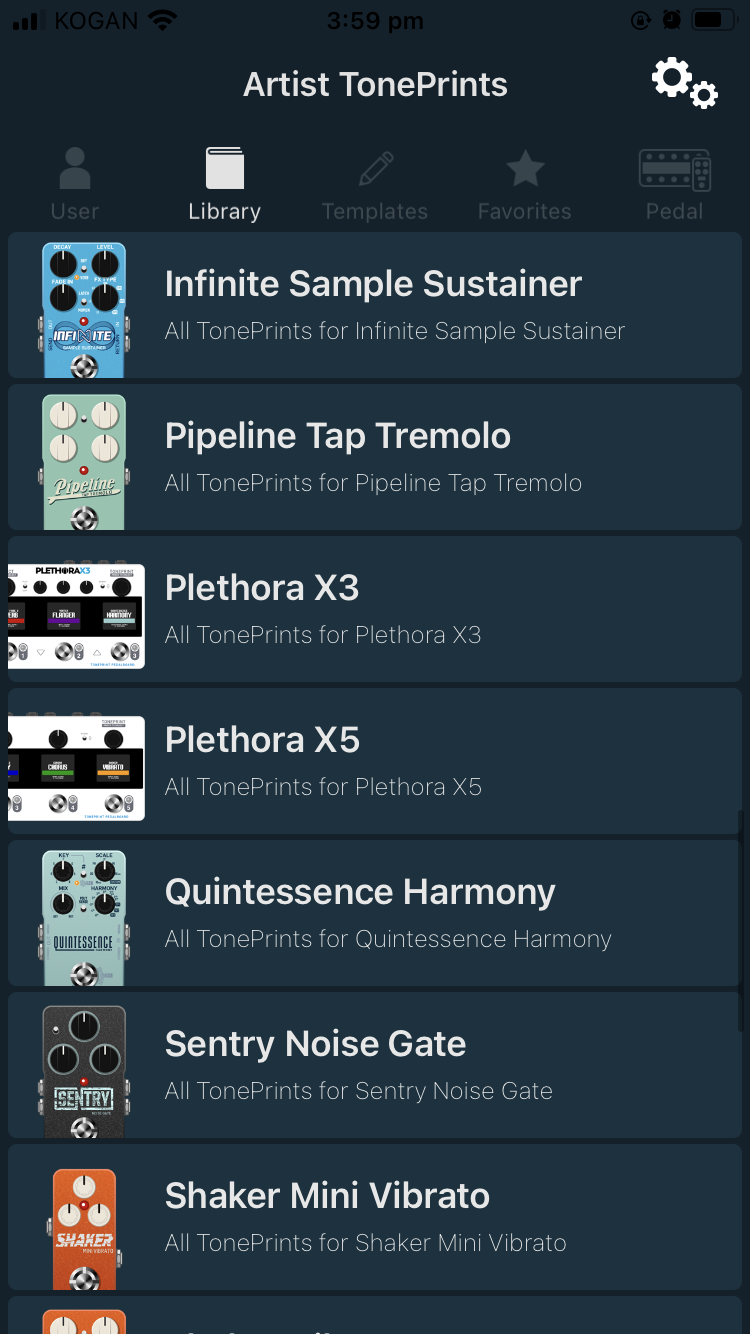Much has been written about this, it seemed that there was a preference for true bypass. This has slowly shifted towards believing buffered bypass results in less “tone suck”. You still see people on forums simply saying one is always better, but it is of course more complicated than that, and you may want one of the other depending on the situation. Here’s my list of reasons why.
Reasons for true bypass:
- You may want true bypass if the pedal has a bad buffer in it. This seems to have been the problem with lots of BOSS pedals in the 80s and 90s, which is probably why the true bypass fad started.
- You may want true bypass if you’re putting the pedal before a fuzz or other germanium vintage vintage pedal. These pedals sound classic when they’re working with your pickups impedance, not with the impedance of the output of a buffer.
- You may want true bypass (or at least analog bypass/dry through) if you have a digital pedal, and find that you don’t like the sound/feel of your signal going through the digital converters.
Reasons for buffered bypass:
- If you have a good buffer, you may get less loss of high end through long cable runs / multiple pedals.
- If you have a time based effect like delay or reverb and you want “trails”, the effect to continue till fade out after you turn it off.
- For things like long press or tap tempo in a single switch (although this is possible with relay true bypass as well).
- You can have switching with things like MIDI or other remote options (again possible with a relay too).

